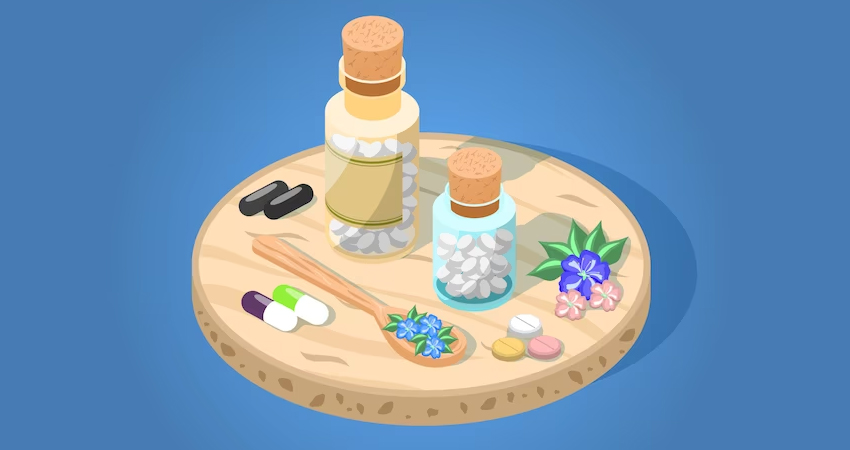
Homeopathy is a system of alternative medicine that was developed in the late 18th century by Samuel Hahnemann, a German physician. It is based on the principle of "like cures like," which means that a substance that causes symptoms in a healthy person can be used in highly diluted form to treat similar symptoms in a sick person.
Key principles of homeopathy include:
Law of Similars: This is the foundational principle of homeopathy. It suggests that a substance that can produce symptoms in a healthy person can be used in a highly diluted form to treat similar symptoms in a sick person.
Minimum Dose: Homeopathic remedies are typically prepared through a process of serial dilution and succussion (vigorous shaking). The remedies are diluted to the point where it is unlikely that any molecules of the original substance remain. This is in contrast to conventional medicine, where higher doses are often used.
Individualization: Homeopathic treatment is highly individualized. A homeopath considers not only the physical symptoms but also the emotional and psychological state of the person. This leads to a tailored treatment plan for each individual.
Holistic Approach: Homeopathy considers the person as a whole, rather than focusing solely on the specific symptoms or disease. It aims to address the underlying imbalance or susceptibility that is believed to be the root cause of the illness.
Proving and Materia Medica: Homeopathic remedies are prepared through a process called "proving," where healthy individuals take a substance in order to document the symptoms it produces. This information is then compiled into a materia medica, which serves as a reference for selecting remedies.
It's important to note that the principles of homeopathy are not supported by the scientific community. Studies evaluating the efficacy of homeopathic treatments have produced mixed results, and many of the proposed mechanisms of action are not consistent with established principles of chemistry and physics. While some people report positive experiences with homeopathy, it's crucial to exercise caution and consider seeking conventional medical advice, especially for serious or life-threatening conditions. Always consult a qualified healthcare professional for any health concerns.
When is it used?
Homeopathy is used for an extremely wide range of health conditions. Many doctors believe that it can help in any condition. Among the most common conditions for which people seek homeopathic treatment are:
homeopathy is commonly used for
- Allergies.
- Bruises.
- Chronic fatigue syndrome.
- Colds.
- Coughs.
- Depression.
- Headaches.
- Irritable bowel syndrome.
- Migraines.
- Nausea.
- Premenstrual syndrome.
- Rheumatoid arthritis.
- Scrapes.
- Toothaches.